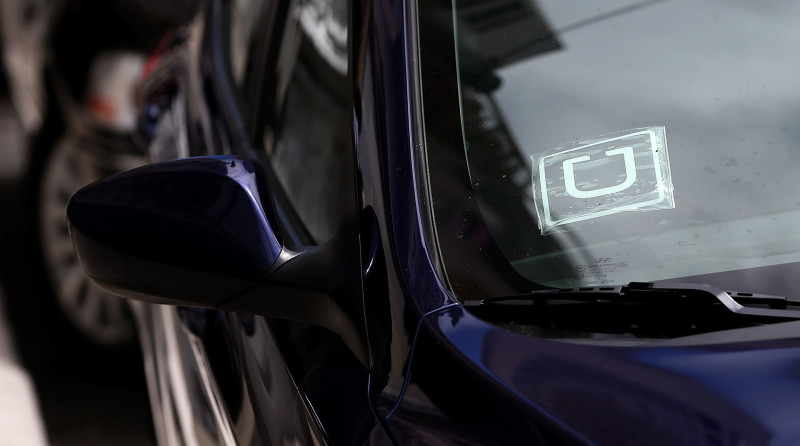In awarding Berwick $4,000 in back wages and interest, a commission hearing officer essentially dismissed Uber's argument that it's merely a platform that allows passengers to connect with drivers -- a private transaction, the company says -- and that it exerts no control over drivers' hours.
Hearing officer Stephanie Barrett wrote:
Defendants hold themselves out as nothing more than a neutral technological platform, designed simply to engage drivers and passengers to transact the business of transportation. The reality, however, is that defendants are involved in every aspect of the operation. Defendants vet prospective drivers, who must provide to defendants their personal banking and residence information, as well as their Social Security Number. Drivers cannot use defendants' application unless they pass defendants' background and DMV checks.
The ruling goes on to note that Uber:
- Controls the tools its drivers use.
- Sets prices and cancellation fees for passengers and payments to drivers.
- Provides the smartphone app that makes the ride-service work possible.
The ruling also contains a somewhat ironic note. It cites a California Court of Appeal ruling in comparing Uber, which has railed against the evils of the taxicab industry that it is replacing, to -- yes, traditional cab companies. The cited passage, from Yellow Cab Cooperative v. Workers Compensation Appeals Board, a 1991 case:
Although some of the factors in this case can be indicative of the workers being independent contractors, the overriding factor is that the persons performing the work are not engaged in occupations or businesses distinct from that of the [defendants]. Rather, their work is the basis for [defendants'] business. [Defendants] obtain the clients who are in need of delivery services and provides the workers who conduct the service on behalf of [defendants]. In addition, even though there is an absence of control over the details, an employee-employer relationship will be found if the [defendants] retain pervasive control over the operation as a whole, the worker's duties are an integral part of the operation, and the nature of the work makes detailed control unnecessary.
Reuters first reported the Labor Commission ruling and implied that it applied to all Uber drivers (for the record, so did our original post). That prompted the following statement from an Uber spokesperson:
Reuters’ original headline was not accurate. The California Labor Commission’s ruling is non-binding and applies to a single driver. Indeed it is contrary to a previous ruling by the same commission, which concluded in 2012 that the driver ‘performed services as an independent contractor, and not as a bona fide employee.’ Five other states have also come to the same conclusion. It’s important to remember that the number one reason drivers choose to use Uber is because they have complete flexibility and control. The majority of them can and do choose to earn their living from multiple sources, including other ride sharing companies.
The Berwick case is just one of a number of legal actions launched against Uber and competitor Lyft (and other "on-demand economy" startups) over whether workers should be classified as independent contractor or employees.
